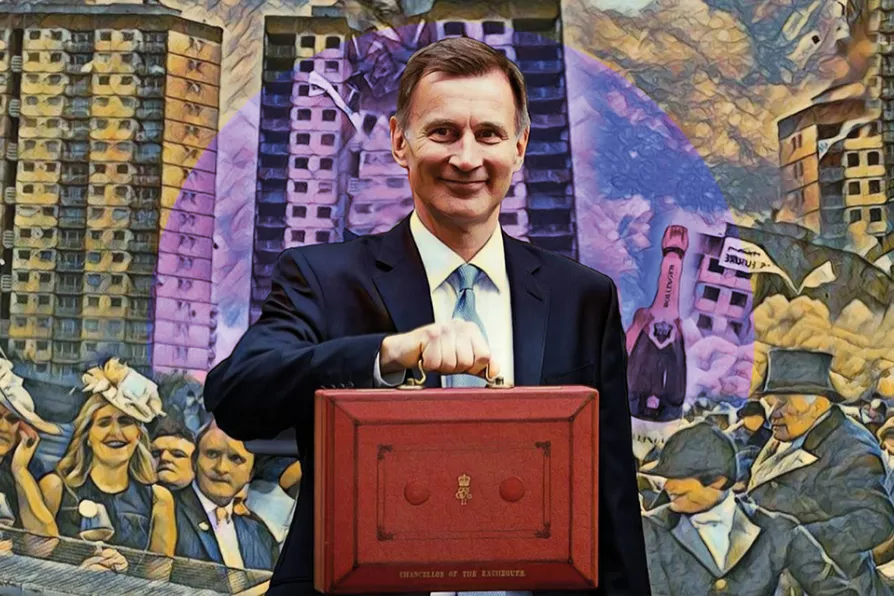Mass mobilisations are forcing governments to seriously consider imposing sanctions and severing ties — even in places like Australia and the Netherlands — despite continued arms shipments to Israel’s war machine, writes RAMZY BAROUD


JEREMY HUNT’S first Budget was a continuation of the stream of austerity policies that has been almost uninterrupted since 2010. They represent yet another attack on ordinary people struggling to get by. At the same time, the commitments to growth are meaningless without any effective policies to deliver them.
Perhaps worst of all, rather than attempting to tame inflation, the government has used it to impose accelerated real-terms cuts in public spending including public-sector pay. They also plan more of the same.
The verdict from the Office for Budget Responsibility (OBR) was damning. They described the outcome as Britain facing “its biggest fall in spending power for 70 years as the surging cost of living eats into wages.”

Every Starmer boast about removing asylum-seekers probably wins Reform another seat while Labour loses more voters to Lib Dems, Greens and nationalists than to the far right — the disaster facing Labour is the leadership’s fault, writes DIANE ABBOTT MP

DIANE ABBOTT explodes the anti-migrant myths perpetrated by cynical politicians and an irresponsible mass media

Our Foreign Secretary now condemns Israel in the Commons, yet Britain still supplies weapons and intelligence for its bombing campaigns — as the horror reaches perhaps the final stage, action must finally replace words, writes DIANE ABBOTT MP

The BBC and OBR claim that failing to cut disability benefits could ‘destabilise the economy’ while ignoring the spendthrift approach to tens of billions on military spending that really spirals out of control, argues DIANE ABBOTT MP














